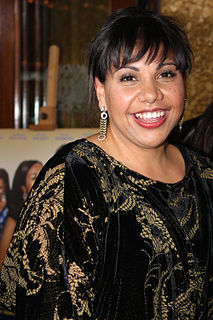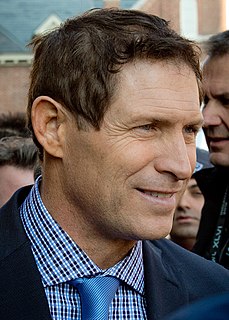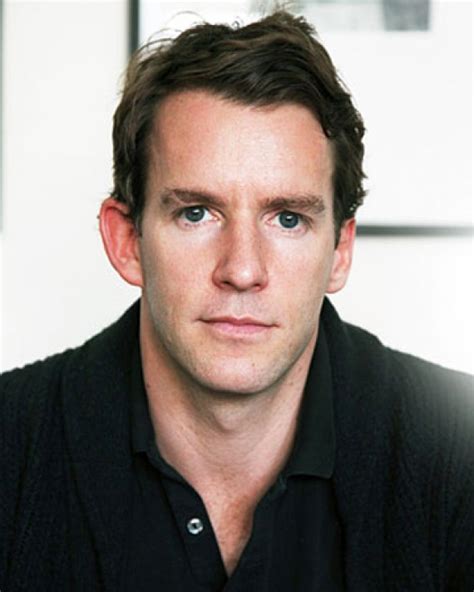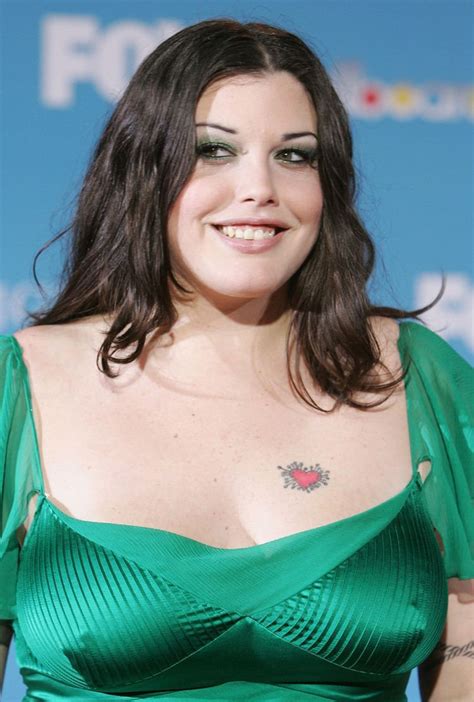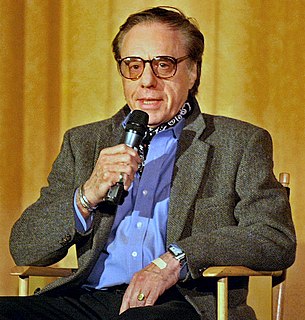A Quote by Antoine Fuqua
Westerns are simple stories where there's good and there's evil and where people had a sense of space and freedom. Growing up in the city, as a kid, you've never really seen that before. It's a beautiful dream to go from concrete to big skies, dirt and horses.
Related Quotes
I realized horses have personality when I bought one and I had one, who's now out to pasture, a horse named Drifter. Before that, I was a city boy. Horses, I used to go out to the LaBagh Woods and ride at a stable once every two years or something; no idea about horses. Dogs, I knew, had personalities, but not horses.
For years I've been interested in a fundamental question concerning what I call the psychology of evil: Why is it that good people do evil deeds? I've been interested in that question since I was a little kid. Growing up in the ghetto in the South Bronx, I had lots of friends who I thought were good kids, but for one reason or another they ended up in serious trouble. They went to jail, they took drugs, or they did terrible things to other people. My whole upbringing was focused on trying to understand what could have made them go wrong.
I saw all that [white trash] growing up in Alabama and Georgia. I had a group of country cousins and we'd go visit them when I was a kid. They lived on a red dirt Georgia back road, in a shack, with twelve kids. Farmers. No electricity, they had a well on their back porch, but they had nothing, yet they were the happiest, freest people I'd ever met. I loved to visit them. Great sense of humor, and they kept up with all the latest music, country, rockabilly, that stuff. Great food they grew in the fields and canned. Happy people.
I was transformed by picking up a pair of binoculars and looking up, and that's hard to do for a city kid because when you look up you just see buildings - and really, your first thought is to look in people's windows. So to look out of the space - out of living space - and look up to the sky, binoculars go far, literally and figuratively.
I think one of the reasons younger people don't like older films, films made say before the '60s, is that they've never seen them on a big screen, ever. If you don't see a film on a big screen, you haven't really seen it. You've seen a version of it, but you haven't seen it. That's my feeling, but I'm old-fashioned.



